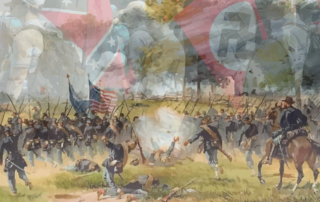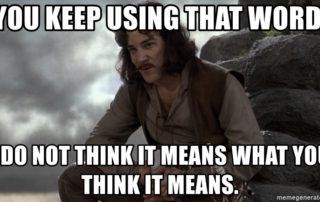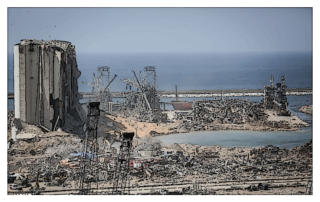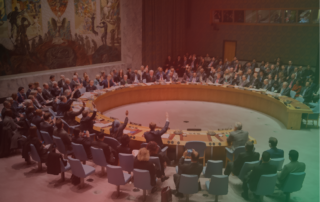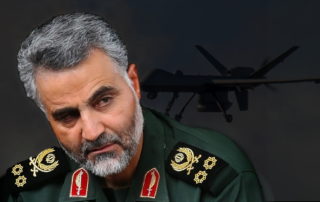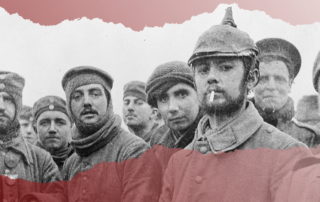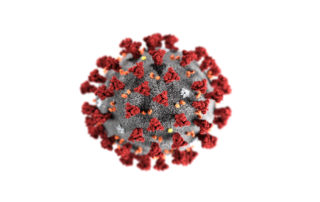Our New Civil War
What distinguishes Trump from every other president in my lifetime is that he appears to be a supremacist, not only in action, but in ideological commitment. It is just in this sense that Trump is anti-American.
Defund the police?
Protesters keep using the slogan “Defund the Police,” but I don’t think the slogan means what many protestors claim it means—and I’m deeply troubled and even suspicious that those protestors continue to use the slogan because there are also many protestors who do think it means what it clearly says it means.
Lebanon: This Time It’s Different.
Historically, Lebanese politicians have comprised and struck bargains across the sectarian divide to form governments. A political class in Lebanon has existed for decades and typically “new” governments have simply been re-configured versions of the old. However, recent protests, rooted in the 2015 garbage crisis, have taken on a different flavor. The protests of old were very often driven by sectarianism, but these newer protests appear to be driven by a unified public. On the heels of a global pandemic and a massive economic crisis in which many Lebanese struggle to have enough food, the port blast may very well be the proverbial last straw for the public.
Kenya’s quest for a non-permanent seat on the Security Council is meaningless without United Nations reform
Non-permanent rotating membership seats on the Security Council do not afford the weaker nations of the world an avenue to advance their interests. Developing nations are played off against each other by major powers based on the perceived allure of a non-permanent seat. Without reform, these seat are little more than contemptuous tokenism.
Immigrant media guru struggles with Kikuyu vernacular African media television station in the diaspora
What place should vernacular stations have in the diaspora landscape? Are they instruments to preserve cultural heritage or vehicles to sharpen ethnolinguistic cleavages for African migrant communities that have had decades of post-colonial conflict between them? What is true, is that the question of vernacular language in the African diaspora community broadly, is both a bridge and a barrier to bringing the African community together.
The Soleimani Assassination: What We’re Missing
Post-9/11, assassination has become a new norm in the asymmetrical conflict between states and terror groups. While the appropriateness, if not justness, of targeting terror leaders is still a matter for debate, the killing of Soleimani is an escalation of the use of assassination.
Of Friendship and Politics
The First World War traumatized the political and cultural life of Europe, especially in the German speaking world. Heidegger's, Jasper's, Freud's, Junger's, Hesse's (not to mention Hitler's) inter-war works are unthinkable without this bloody caesura in European history. In a profound sense, the inter-war period in Germany (but not only) could be viewed as a psychic expression of what we would call today: Post Traumatic Stress Disorder. One of the more notable of these dark intellectual manifestations was Carl Schmitt's The Concept of the Political. Yet Carl Schmitt is closer to us than we are usually likely to admit.
Thoughts Within the Coronising Siege
This is the 2nd pandemia of global capitalocene (1st was/is the temperature and sea-level rise, but it's so slow banks don't worry). So we’re in kinda „medical pre-fascism,“ for the rulers a very welcome excuse for the future: only police and pass-holders on the streets, no unruly demonstrators, approaching total control
The Bizarre Blindspot in “Planet of the Humans”
So, was the film "Planet of the Humans" a hit job on the environmental movement disguised by the filmmakers' phony claim to care about Mother Earth? Or was it an honest, get real, exposé of its assertion that, "The takeover of the environmental movement by capitalism is now complete"?
COVID-19, Capitalism, and Socialism
by Victor Wallis The COVID-19 emergency underscores longstanding truths about capitalism and socialism. Acting on the most immediate demands that

